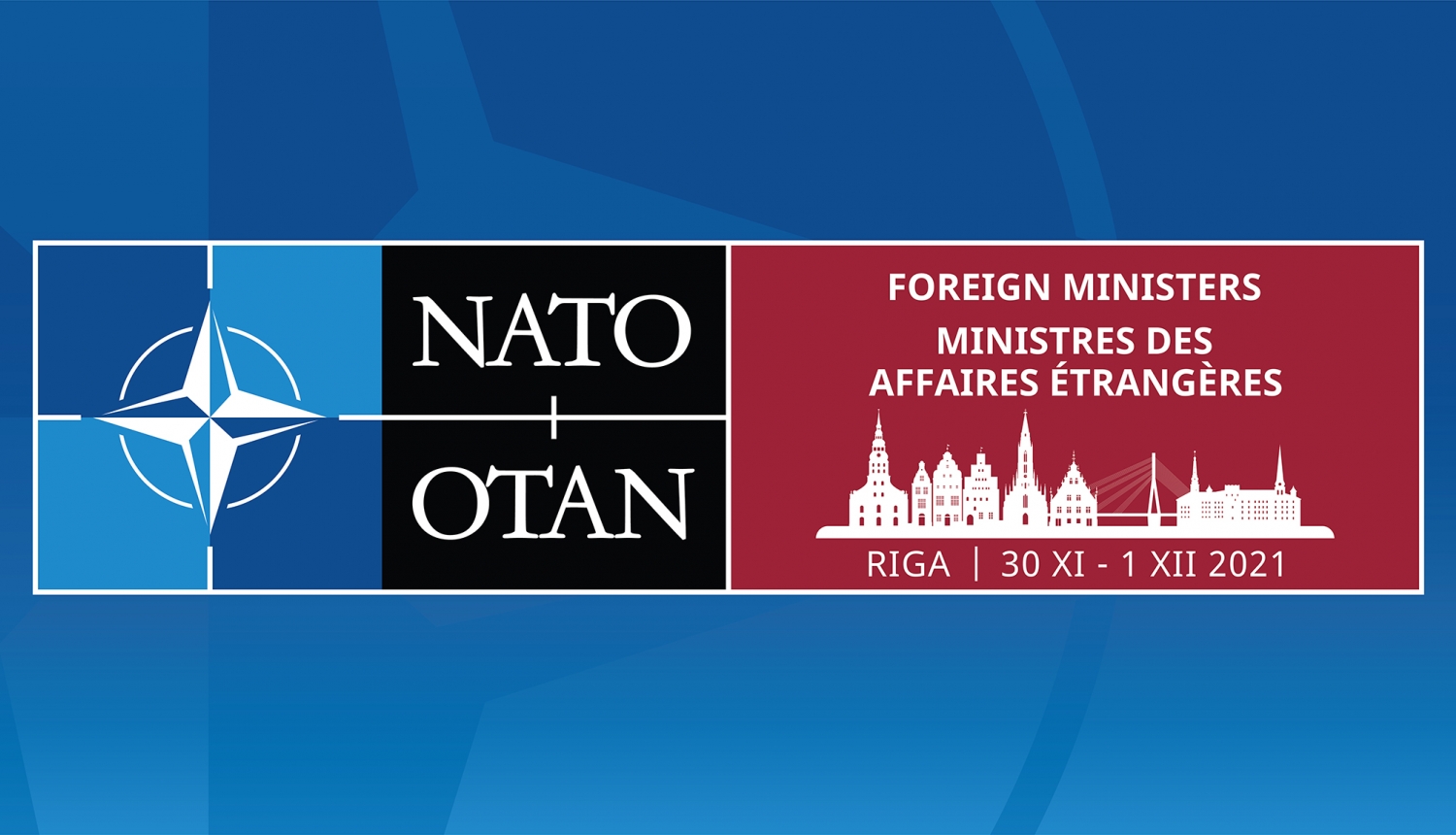From 30 November to 1 December 2021, Latvia will be hosting a meeting of NATO Foreign Ministers for the first time. To address current security challenges, NATO Allies will be exchanging views on cooperation with partner countries and the European Union and will also begin their discussions on a new strategic concept for the Alliance.
With reference to the meeting, Latvian Foreign Minister Edgars Rinkēvičs asserted that review of the NATO Strategic Concept is one of the main tasks in the lead up to the upcoming Madrid Summit. The new concept, he said, should place a renewed emphasis on collective defence as the primary core task, as well as transatlantic unity, as a prerequisite in facing the emerging geopolitical challenges. Min. Rinkēvičs said, I hope that the NATO Foreign Ministers meeting in Riga will be a starting point of a high-level consultation phase, providing key elements for elaboration of the new NATO Strategic Concept.
Fifteen years have gone by since the 2006 NATO Summit which took place in Riga, and in the interim, the security environment has changed dramatically. It is not just countries within the Alliance but also all our democratic values and the rules-based world order that are now at risk and at stake. Russia’s military annexation of Crimea and its aggression in eastern Ukraine have undermined the international security architecture, impacting also EuroAtlantic security. Moreover China’s increasing influence poses a systematic challenge to the rules-based international order. With disconcerting frequency, the Alliance is encountering cyberattacks, hybrid threats, interference in election processes, chemical attacks, disinformation campaigns conducted on a mass scale and the effects of emerging disruptive technologies on civilian society. Simultaneously, we are witnessing hybrid attacks taking place near NATO’s outer border in which Lukashenko’s regime has made use of the citizens of third countries.
The Alliance is successfully adapting to the changing security environment. Latvia highly appreciates and values the allied contributions to NATO’s enhanced forward presence battlegroup in Latvia as well as NATO’s air policing mission in the Baltic States.
The global pandemic has been a serious challenge, as much for Latvia as for the rest of the world. In these difficult circumstances, it is important to ensure that NATO’s consultation and decision-making process is constant since it testifies to the Alliance’s ability to act and its credibility.
Member states decided to hold a NATO Foreign Ministers’ Meeting in Riga well in advance of the COVID-19 pandemic and it was originally planned for 2019. The health and security of the residents of Latvia and foreign guests is a national priority for Latvia as host of this event. The meeting was planned in cooperation with the responsible agencies and in accordance with strict COVID-19 safety measures, and this includes the requirement that only fully vaccinated persons or those who have recovered from COVID-19 may take part. The programme and the size of delegations has been adjusted taking into account epidemiological conditions. Delegations are limited to eight persons. The organisation of the gathering is in keeping with specified NATO security standards. Following the meeting in Riga, the participants will travel to the OSCE Ministerial in Stockholm.
Support for holding the event is being given by Latvia’s security agencies, the Ministry of Defence, the National Armed Forces and Military Police, the State Police, local government police forces, the Riga City Council, the Ministry of Health, SPKC (The Centre for Disease Prevention and Control), NMPD (The State Emergency Medical Service), and VUGD (The State Fire and Rescue Service). Several hundred officials from various government institutions and a multitude of representatives from the private sector have all participated in planning and implementation of this meeting.
Background Information
Latvia became a NATO member state in 2004 thereby gaining security guarantees which it had lacked in the course of its previous history. The NATO air policing mission in the Baltic States and the presence of the multinational enhanced forward presence (eFP) battlegroup in Latvia are the visible signs of the support NATO provides. Today, ten member states are participating directly in the eFP battlegroup in Latvia.
For its part, Latvia regularly takes part in training of the Alliance’s armed forces abroad as well as in the training taking place within Latvia’s territory. Together with its Allies and partners, Latvia helps promote peace and security in the world, including through participation in NATO’s operations and missions – currently in Iraq and in Kosovo.
In line with its commitments to NATO, Latvia increased its contributions to its own national defence to 2 percent of GDP, and has maintained that level since 2018. Latvia is steadily developing its national armed forces and its military and civilian capabilities.
Since its accession to NATO, Latvia has stepped up to the plate and been ready to organise NATO events in Riga and the 2006 NATO Summit is a fine example. The NATO Parliamentary Assembly meeting was organised in Riga in 2010 and a number of working level meetings were also hosted by Latvia.
In 2014, Latvia established the NATO Centre of Excellence for Strategic Communications with a goal of strengthening allied strategic communications capabilities, and to raise awareness in society about NATO while at the same time fighting the spread of disinformation.




